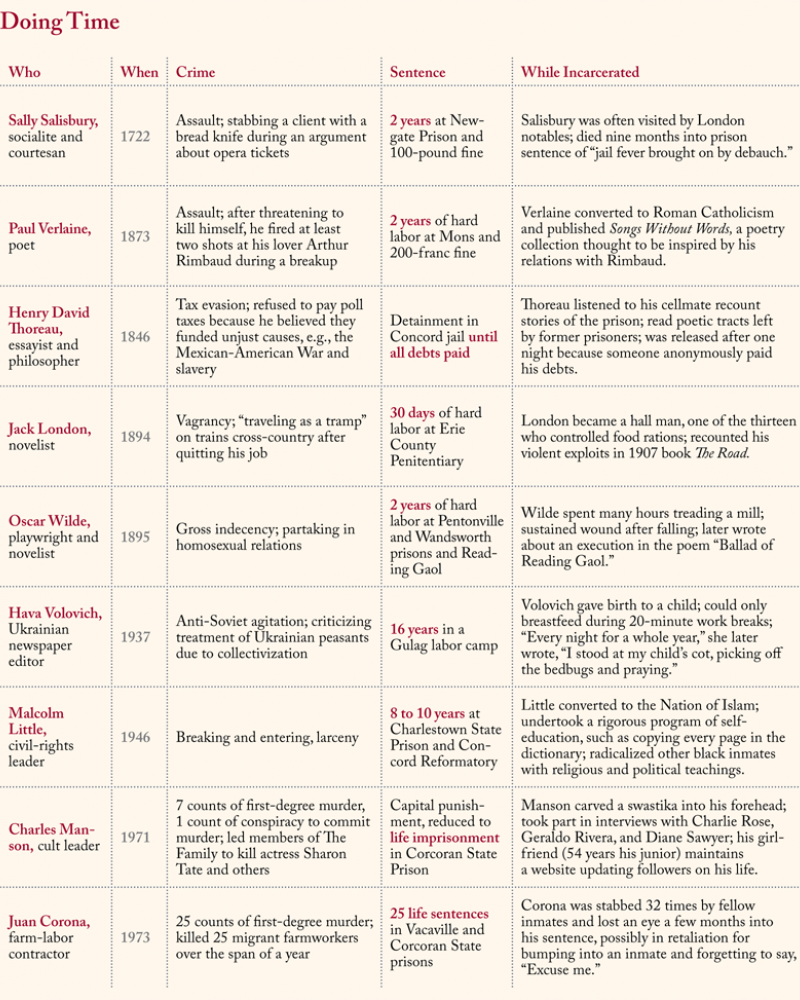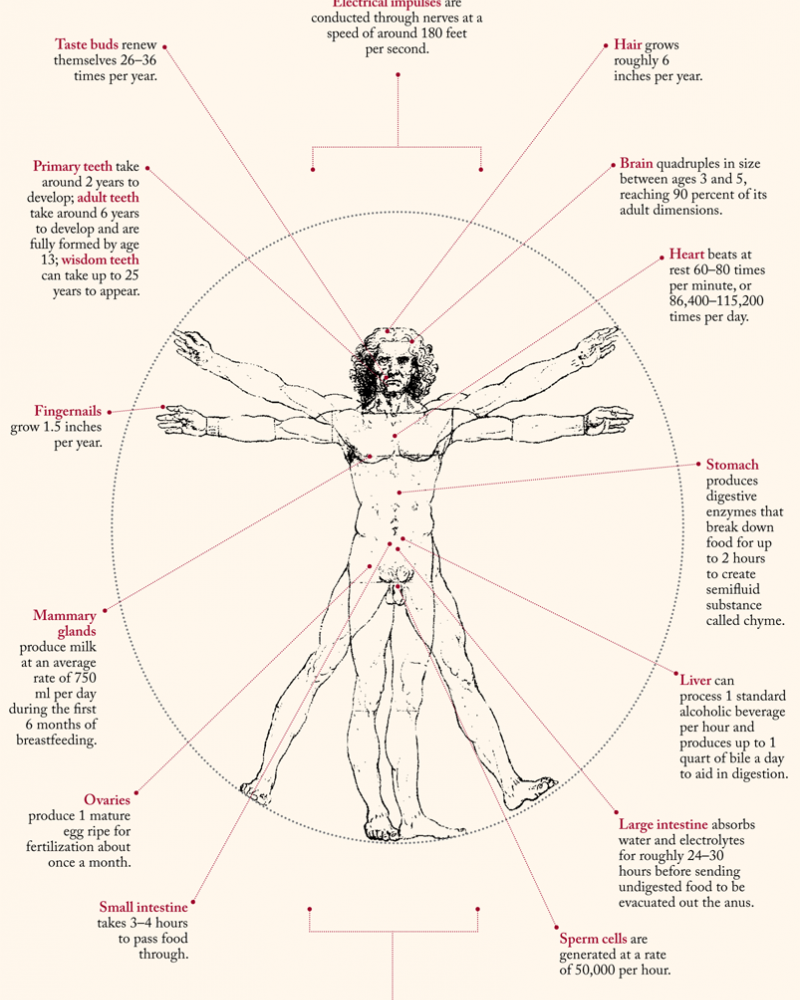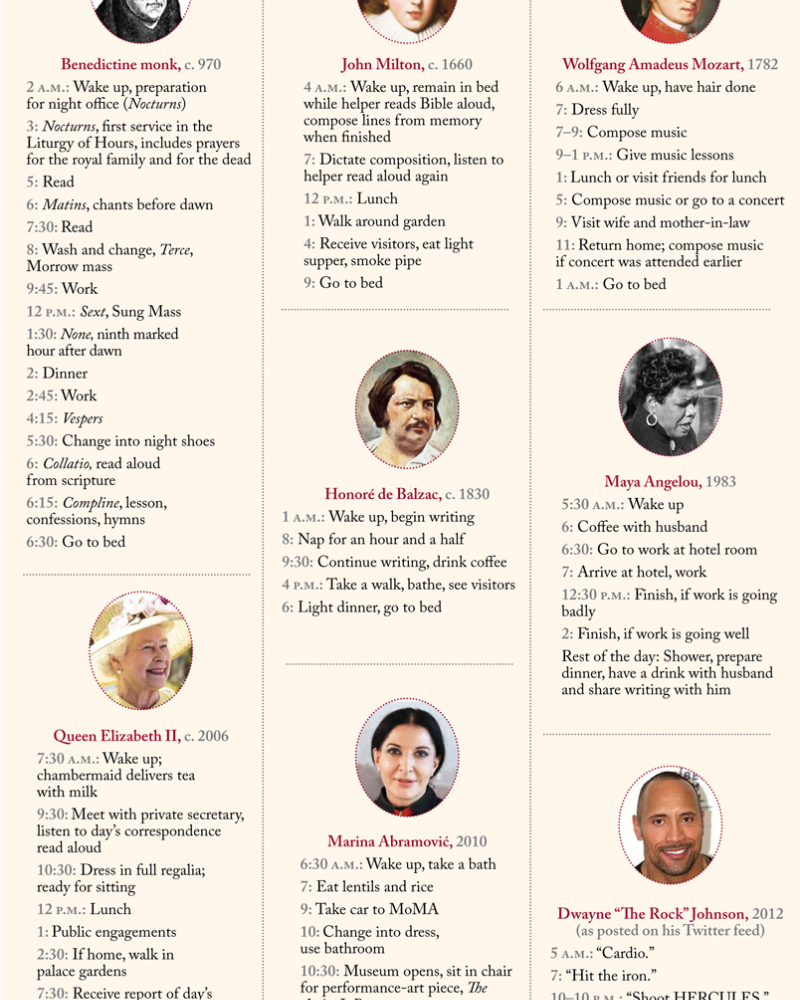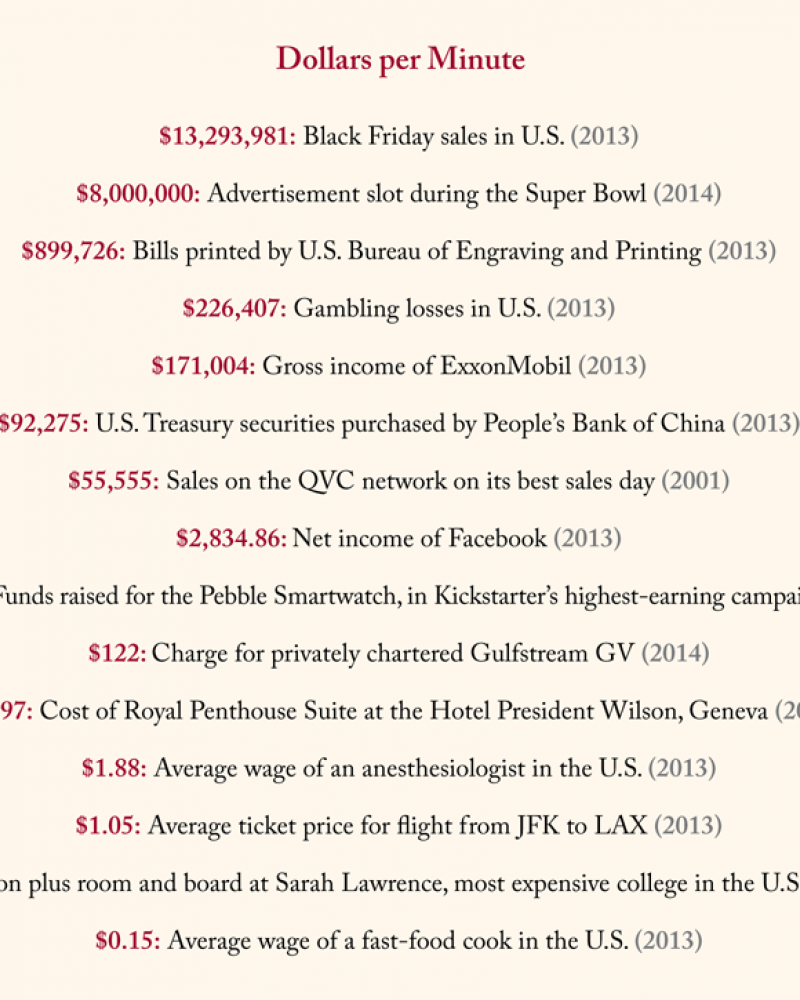Issue Coming Soon
Miscellany
“Man is the only being that knows death; all others become old, but with a consciousness wholly limited to the moment which must seem to them eternal. We are time,” writes Oswald Spengler in The Decline of the West.
Miscellany
During his first trip to New York City in 1964, Samuel Beckett went to a doubleheader at Shea Stadium with his friend Dick Seaver, who explained the game of baseball to the Irish writer. Halfway through the second game, Seaver asked, “Would you like to go now?” To which Beckett replied, “Is the game over, then?” “Not yet,” said Seaver. Beckett concluded, “We don’t want to go then before it’s finished.” The Mets won both games, unlike their double loss two months earlier in what had been the longest doubleheader in Major League history, clocking in at nine hours and fifty-two minutes.
Miscellany
In The Canterbury Tales, Geoffrey Chaucer wrote, “Four o’ the clock it was, to make a guess; / Eleven foot long, or little more or less, / My shadow was, as at that time and place, / Measuring feet by taking in this case / My height as six.”
Miscellany
At the thirteenth General Conference on Weights and Measures in 1967, one second was redefined as “the duration of 9,192,631,770 periods of the radiation corresponding to the transition between the two hyperfine levels of the ground state of the caesium-133 atom.” In April of this year, the National Institute of Standards and Technology in Boulder, Colorado, unveiled a new atomic clock to act as the United States’ primary time standard; it will not gain or lose a second in 300 million years.
Pages





